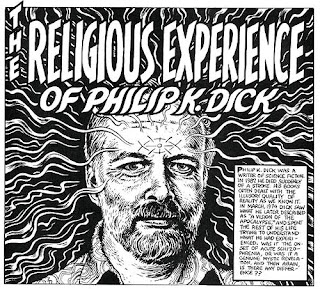Monday!
* Almost as if they all receive their talking points from a single, central location, the entire right-wing spin machine has spontaneously decided to start talking about how the New Deal didn't actually work. Uh, sure.
* The first link doesn't make the absurdity clear, but Karl Rove is Twittering.
* Also in alternate-universe news: George Bush: Greatest President.
To prove his point, Barnes points to Bush's "ten great achievements":
1. Bush stood up to "global warming hysteria," and helped undermine the agenda of "alarmists."
2. He endorsed "enhanced interrogation," "secret prisons," and "wireless eavesdropping."
3. He seized unprecedented executive authority, and ignored congressional attempts at oversight.
4. He offered "unswerving support for Israel."
5. He signed the No Child Left Behind initiative.
6. He delivered his second inaugural address.
7. He signed the Medicare prescription drug benefit.
8. He pushed the Supreme Court even further to the right.
9. He improved U.S. relations with Japan, South Korea, and Australia.
10. He created a "fragile but functioning democracy" in Iraq.
You'll note Barnes is padding his list just a bit—delivering a second inaugural address is sort of light for a "top ten accomplishments" list, as is "improved relations with Australia."
* Also via
Washington Monthly, Jon Swift has your
retort.
* Not capturing Osama bin Laden isn't on Barnes's list, but Cheney tells us
that doesn't matter.
Today on CNN’s Late Edition, host Wolf Blitzer asked Vice President Cheney, “How frustrating is this to you personally, knowing he’s [bin Laden] still at large?” Cheney hesitated, then simply replied that he would “obviously…like to solve that problem.” He added that it’s more “important” to “keep…this country safe,” indicating that bin Laden is inconsequential.
* North Carolina in the news!
The Brunswick school district wants to teach creationism to kids. In 2008.
"I wasn't here 2 million years ago," Fanti said. "If evolution is so slow, why don't we see anything evolving now?"
There's your evidence.
*
Eight reasons why we are in a depression.*
Half of world’s population could face climate-driven food crisis by 2100.* After ten days of not sleeping,
Randy Gardner was able to hold a press conference and beat a journalist at pinball. Note: this happened forty-four years ago, but I just found out about it yesterday.














